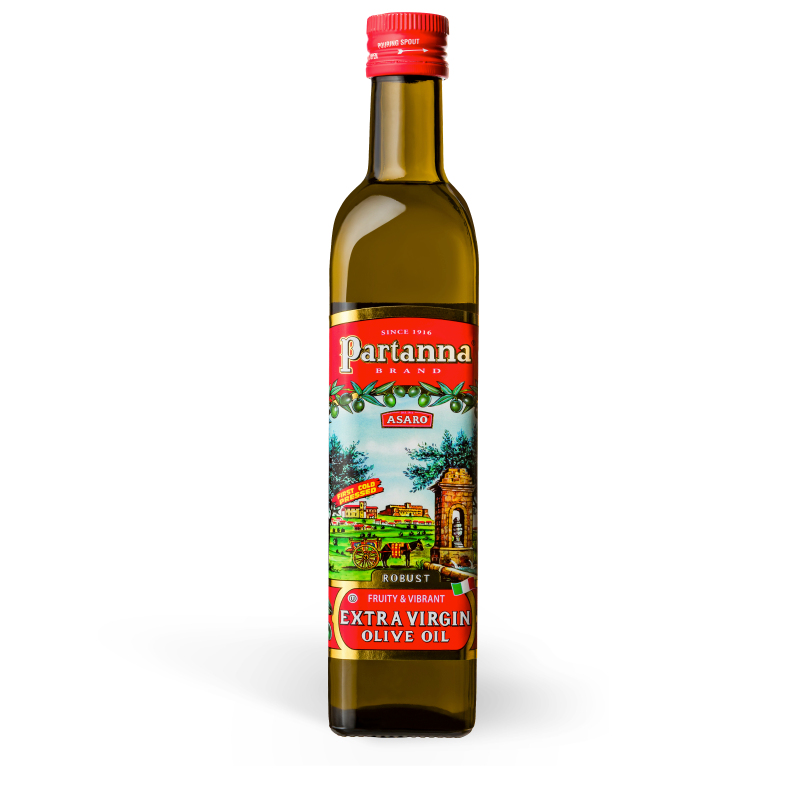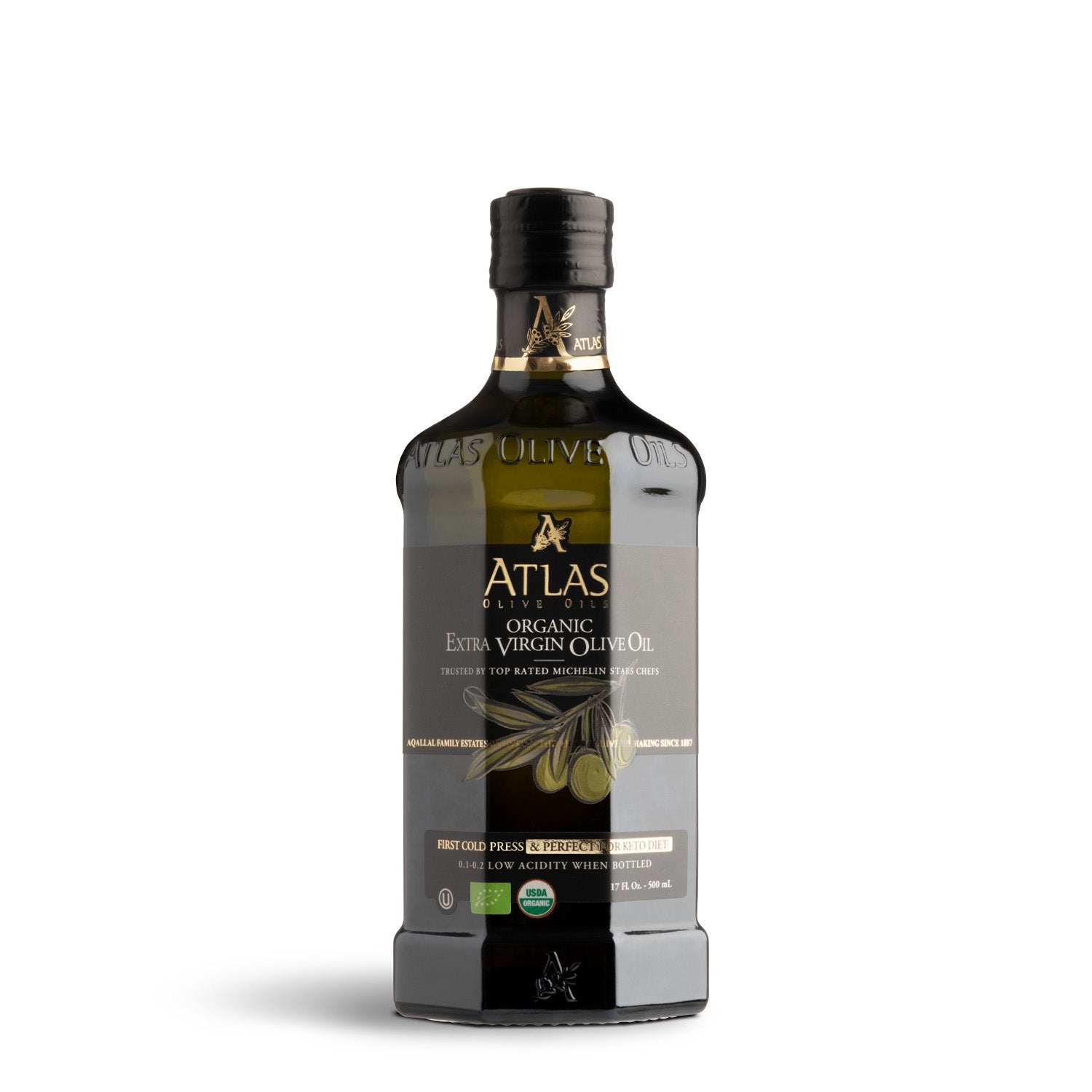Why Extra Virgin Olive Oil Benefits Are a Game-changer for Healthy Cooking
Why Extra Virgin Olive Oil Benefits Are a Game-changer for Healthy Cooking
Blog Article
Checking Out the Various Types of Olive Oil and Their Usages, Consisting Of Extra Virgin Olive Oil
The expedition of olive oil includes a varied range of types, each offering unique flavors and cooking applications. Additional virgin olive oil, renowned for its premium quality and wellness benefits, serves as a staple in many kitchen areas, yet it is only one element of this complex active ingredient.
What Is Olive Oil?
Stemmed from the fruit of the olive tree, olive oil is a staple in Mediterranean food and a crucial component in various cooking applications. This flexible oil is produced by pressing entire olives, leading to a liquid that differs in color, aroma, and taste depending on the kind of olives made use of, the region of cultivation, and the removal procedure. Olive oil is mainly composed of monounsaturated fats, particularly oleic acid, which is known for its potential wellness advantages, including anti-inflammatory residential properties and cardiovascular support.
Along with its culinary uses, olive oil has a long background of application in conventional medicine and skincare, owing to its rich antioxidant material (extra virgin olive oil benefits). The oil is commonly used in dressings, marinates, and for cooking techniques such as sautéing and roasting. Its unique flavor profile can enhance the preference of different meals, making it a necessary active ingredient for both home chefs and expert chefs
In addition, olive oil is celebrated for its role in the Mediterranean diet plan, which is related to countless health and wellness benefits. As understanding of these benefits grows, olive oil proceeds to get popularity worldwide as an essential element of a healthy and balanced way of living.
Sorts Of Olive Oil
Comprehending the different sorts of olive oil is essential for both cooking enthusiasts and health-conscious consumers. Olive oil is identified mostly based upon its removal approach and top quality, which considerably influences its scent, flavor, and health and wellness advantages.

Light olive oil, regardless of its name, refers to a lighter taste and not lower calories. It is ideal for those looking for a much more subtle taste in dressings and marinates. Additionally, there are flavorful olive oils infused with natural herbs, flavors, or citrus, which can enhance dishes without the need for additional seasoning.
Each kind of olive oil offers specific cooking objectives, and recognizing these distinctions permits consumers to make educated selections that line up with their cooking styles and health and wellness objectives.
Additional Virgin Olive Oil
Additional virgin olive oil (EVOO) is commonly pertained to as the best olive oil available, renowned for its rich taste and many wellness advantages. To be identified as extra virgin, the oil should be generated from fresh olives utilizing mechanical procedures, without making use of solvents or extreme heat. This thorough method protects the oil's all-natural flavors, antioxidants, and healthy fats, resulting in a product with a low acidity level of less than 0.8%.
EVOO is bountiful in monounsaturated fats, especially oleic acid, which is connected to lowered swelling and enhanced heart health. It likewise has polyphenols, powerful anti-oxidants that might offer protective results versus persistent diseases. The flavor account of EVOO can vary considerably depending upon the olive selection and area of production, ranging from grassy and fruity to durable and sharp.

Culinary Use Olive Oil

In cooking, olive oil can be used for sautéing, you could try these out roasting, and barbecuing, offering a much healthier option to butter or other fats. Its high smoke factor makes it appropriate Visit This Link for numerous cooking techniques, while its anti-oxidants add to a heart-healthy diet regimen. Sprinkling olive oil over completed meals, such as pasta, fish, or barbequed vegetables, can raise flavors and include a touch of elegance.
Furthermore, olive oil plays a substantial duty in cooking, where it can replace traditional fats in dishes for bread and breads, passing on wetness and a refined preference. It additionally acts as a base for infused oils, enabling cooks to explore tastes such as garlic, herbs, or chili, even more increasing its culinary possibility. In general, olive oil's flexibility makes it essential in both home and expert cooking areas.
Deciding On High Quality Olive Oil
When selecting quality olive oil, it's important to consider numerous crucial variables that influence the product's health and wellness, flavor, and scent advantages. Primarily, choose additional virgin olive oil (EVOO), which is obtained from the first cold pushing of olives and consists of the highest degree of antioxidants and beneficial substances. Search for oils that are licensed by acknowledged organizations, as this typically makes certain adherence to strict high quality requirements.
The packaging likewise plays a significant role in protecting the oil's honesty. Select oils stored in dark glass containers or tins to safeguard against light deterioration. Take note of the harvest day; fresher oils use superior flavor and dietary value, so select products that are within 18 months of their harvest.
Additionally, think about the origin of the oil. Top quality olive oils typically come from particular areas recognized for their distinct flavor profiles, such as Italian, Spanish, or Greek oils. Be aware of the taste; an excellent top quality olive oil need to have an equilibrium of fruity, bitter, and sharp notes, suggesting its richness and intricacy. By reviewing these variables, you can guarantee you are selecting the very best olive oil for your culinary needs.
Verdict
In recap, the exploration of various sorts of olive oil exposes unique characteristics and applications, with added virgin olive oil representing the pinnacle of top quality because of its low level of acidity and high antioxidant material. Its versatility in cooking uses boosts tastes in dressings, marinates, and sprinkles. Understanding the various varieties of olive oil permits notified choices in food preparation methods, advertising healthier practices while improving the overall gastronomic experience. Quality option remains crucial for ideal benefits.
Obtained from the fruit of the olive tree, olive oil is a staple in Mediterranean cuisine and a crucial component in various culinary applications.The most usual kinds of olive oil consist of refined olive oil, pure olive oil, and light olive oil.Additional virgin olive oil (EVOO) is extensively related to as the highest possible quality olive oil readily available, well known click for its abundant flavor and numerous health and wellness advantages. Opt for additional virgin olive oil (EVOO), which is obtained from the first cold pressing of olives and contains the highest possible degrees of antioxidants and valuable compounds.In recap, the exploration of different types of olive oil exposes unique features and applications, with additional virgin olive oil standing for the pinnacle of quality due to its reduced level of acidity and high antioxidant content.
Report this page